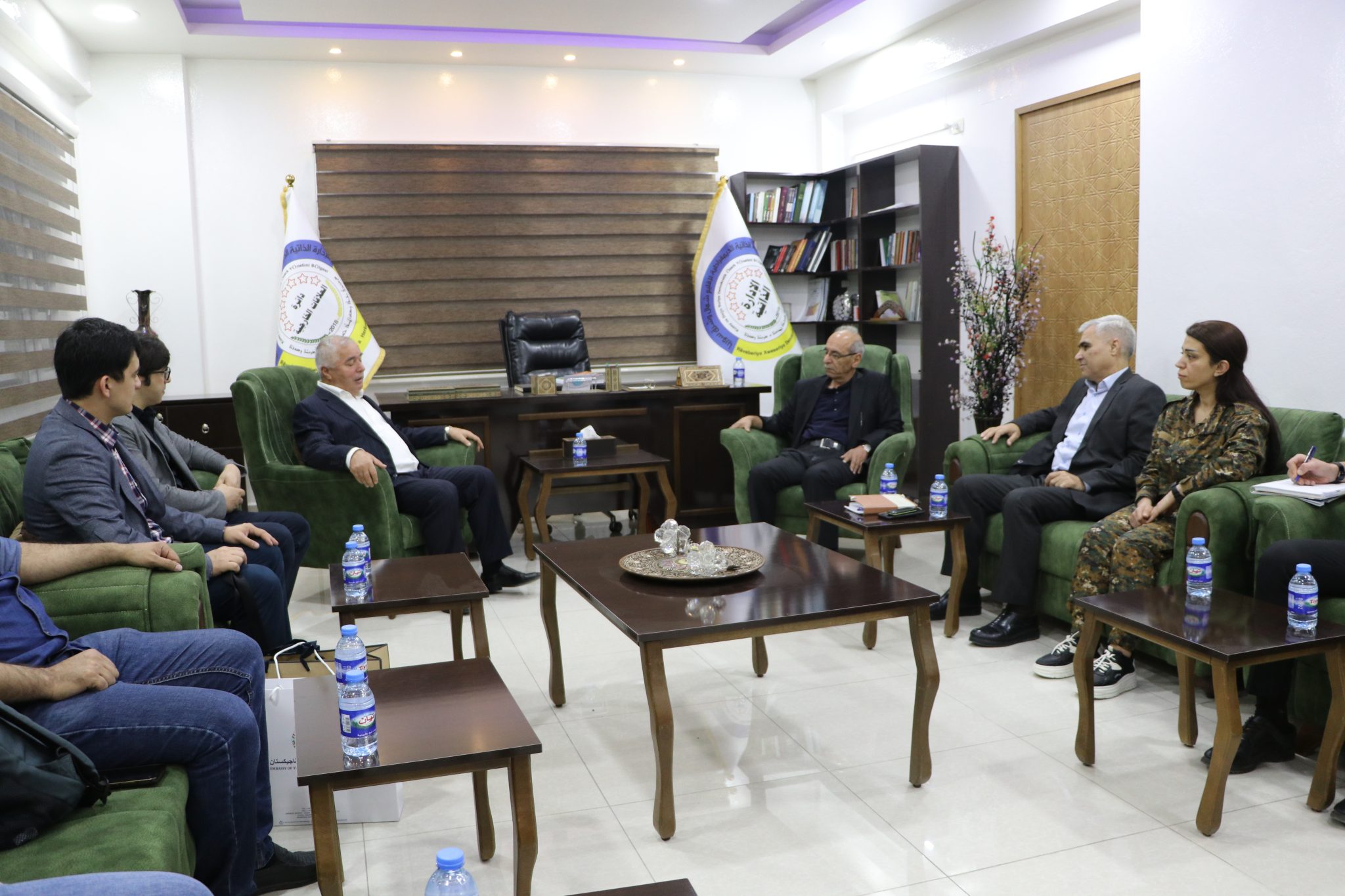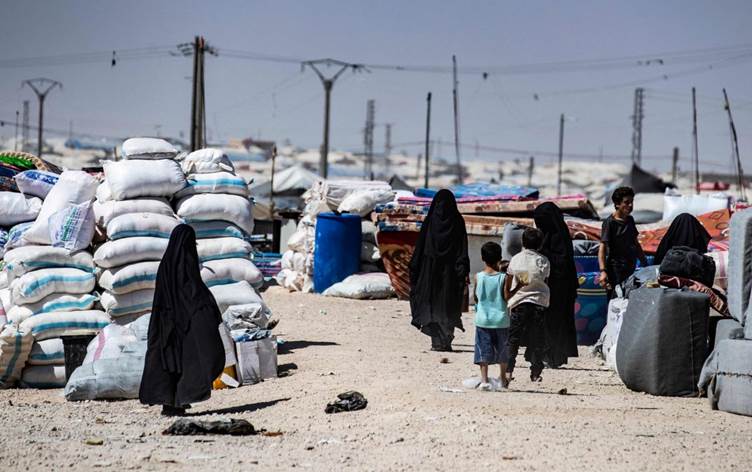“UNICEF commends the Government of Tajikistan for fulfilling its commitments under the Convention on the Rights of the Child and facilitating the reintegration of children and their mothers with their families and communities,” said the UN agency.
Tajikistan’s ambassador to Kuwait, Zubaydullo Zubaydzoda, visited Rojava on Thursday when Kurdish authorities handed over 33 women and 17 children.
Hundreds of Tajikistanis joined ISIS when it seized control of swathes of Syrian and Iraqi territory in 2014. The extremist group was territorially defeated in 2019, but it still poses threat to the security of the region.
The Tajikistan government has repatriated a total of 304 of its nationals, according to the Rojava Information Centre.
Thousands of people from around the world affiliated with ISIS live in camps in Rojava, the largest of which is the sprawling al-Hol camp that has more than 40,000 residents. Despite repeated calls from Rojava and American officials for governments to repatriate their citizens, only a few have done so.

Faner al-Kaait, head of the Kurdish administration's foreign relations department, told the Tajik delegation that there are ongoing efforts to repatriate the families of ISIS fighters from Rojava camps, but said more needs to be done as “the situation requires intense international and regional cooperation,” according to a statement from his office.
UNICEF said on Friday that it “works with countries including Tajikistan to support the reintegration of children back to their countries of origin, aligned with their citizenship.”










Comments
Rudaw moderates all comments submitted on our website. We welcome comments which are relevant to the article and encourage further discussion about the issues that matter to you. We also welcome constructive criticism about Rudaw.
To be approved for publication, however, your comments must meet our community guidelines.
We will not tolerate the following: profanity, threats, personal attacks, vulgarity, abuse (such as sexism, racism, homophobia or xenophobia), or commercial or personal promotion.
Comments that do not meet our guidelines will be rejected. Comments are not edited – they are either approved or rejected.
Post a comment